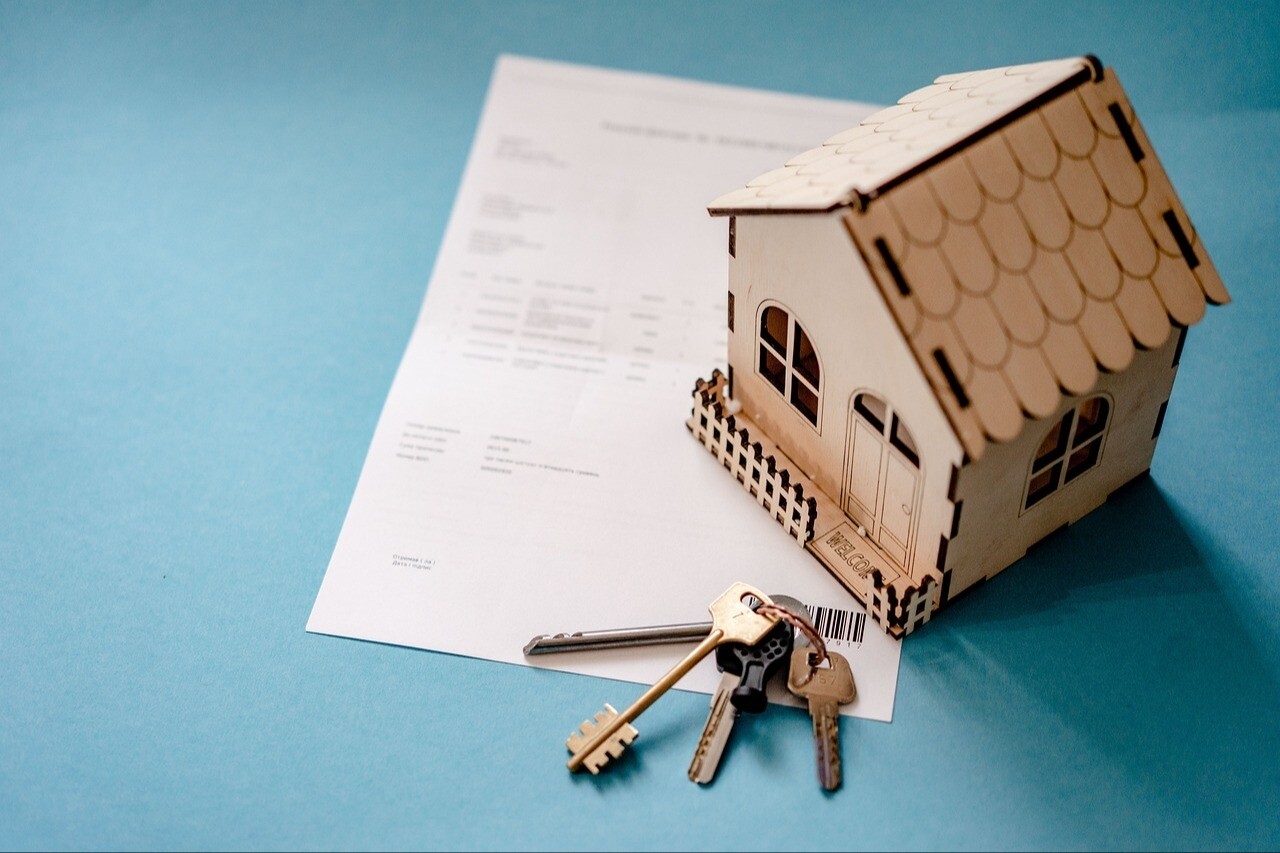
- 18 Sep 2025
- Law Blog
- Residential Property
Moving home, you will have a myriad of things to do. Arranging insurance for your new home may be firmly on your to-do list. But did you know you should usually insure from exchange of contracts?
The time between the exchange of contracts and completion may be only a few weeks, or it could be a lot longer for a new build property. During that period, the property is still at risk of damage – for example, from a leaking pipe, flooding or storm damage.
‘Most people appreciate the need for insurance,’ says Edward Sharpe, Partner and Head of the Residential Property team with Sills & Betteridge. ‘However, they are often surprised to learn they should insure from exchange of contracts. Leaving it until you move into your new home could be risky.’
Edward explains the issues to consider and answers some common questions.
When do I need to insure my new home?
When you are buying a property, your seller’s solicitor will prepare the contract, and there are standard conditions which they will generally use. These provide that the property is ‘at the risk of the buyer’ from the date of the contract. This means the seller does not have to insure the property. Once you have exchanged contracts, you must complete your purchase - even if the property suffers serious damage after exchange.
Generally, there is no obligation on the seller to insure between exchange and completion. So, you should have a suitable policy in place. This is not a legal requirement, however, not insuring exposes you to unnecessary risk.
How does taking out a mortgage affect this?
Taking out insurance from the date of exchange of contracts protects you and is a requirement of some lenders. It is important you and your solicitor check the terms of your mortgage offer to ensure you meet their requirements. In any case, you will need cover from completion, and to maintain this throughout the mortgage term. The cost of adding cover for the period from exchange to completion is usually minimal.
Is there a risk with double insurance?
Double insurance is when you have two insurance policies covering the same property against the same risks at the same time. This can happen when the seller’s policy extends cover to the buyer for the period between exchange and completion. Issues can arise where one or both policies exclude liability if the damage is covered by another policy. Problems are rare in practice, but sometimes insurers may deny or seek to apportion liability.
When choosing an insurance policy, you should always read the terms and conditions carefully. The standard conveyancing contract conditions provide some protection, as the price you pay for the property may be reduced where your insurers withhold payment because of double insurance. Ideally, though, to avoid complications, you should choose a policy which does not exclude liability where there is concurrent cover with another insurer.
Can my seller continue to insure?
Occasionally, there may be situations where the seller must ensure, for example, that they are under some duty to a third party to do so. So, it is important for your solicitor to check the contractual provisions carefully. In those cases, your solicitor will ask for evidence that the policy is up to date and check you are sufficiently protected.
In practice, many sellers choose to continue to insure between exchange and completion. After all, they will usually be in occupation and making a claim under their own policy may be simpler than relying on their contractual rights. So, you could agree they will be legally responsible to insure up until completion. Your solicitor can then include provisions in the contract to ensure you are adequately protected through this arrangement.
Do I still have to buy the property if it has been damaged?
Under the standard conditions, if the property is damaged between exchange and completion, you would still have to complete. You would have to claim on your insurance policy for the cost of the remedial works. It is possible to switch the risk to the seller. Should the property be damaged, you would then have the option of choosing not to complete. The seller would have to return your deposit to you and claim under their insurance policy. You could then look for another property.
From a seller’s point of view, this may not be acceptable, particularly if they are in a chain of transactions. They may not want the risk of having to complete on their purchase even though their sale to you has fallen through because of damage. Where there is no chain or there is a commercial element in the transaction, the seller may be more flexible. Your solicitor can advise you and ensure any agreement with the seller is correctly reflected in the contract.
What about leasehold properties?
Leasehold properties require a different approach. There will usually be an obligation on the landlord or management company to insure the building, with the leaseholder having to reimburse them. So, the block policy will simply continue.
In this case, the sale contract should provide that the sellers ensure the insurance policy is maintained and that, in the event of a claim, the proceeds will be paid to you on completion. Your solicitors will check that the policy is in place, the premium is up to date, and the cost is correctly apportioned on completion.
What about a new-build property?
Making sure the right insurance provisions are in place for a new-build home can be more complicated. Generally, as a buyer, you would ordinarily bear the risk between exchange and completion. However, there may be a longer time lag between exchange and completion if the house is only part-built when you agree to buy it. This can cause additional issues, especially if work is being carried out on the property. You may even find it hard to get insurance. So, in these circumstances, you may want the developer to insure up until completion.
Your solicitor will need to consider your individual circumstances and pay close attention to the arrangements with the developer to ensure you are adequately protected.
How we can help
It is easy to overlook the importance of insurance in the excitement of buying your new home. Should the property you are buying suffer damage, though, this can prove a costly mistake. So, it is vital to have a dedicated, experienced conveyancer on board who will address these types of issues.
At Sills & Betteridge, we recognise that each transaction is unique. Hopefully, you will never have to rely on the insurance provisions in your contract. Nevertheless, you should have peace of mind knowing you are well protected.
For further information, please contact Edward Sharpe in the Residential Property team on 01522 542211 or email ESharpe@sillslegal.co.uk. Sills & Betteridge has offices across Lincolnshire, Yorkshire and the East Midlands.




 Edward Sharpe
Edward Sharpe